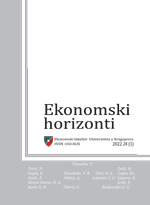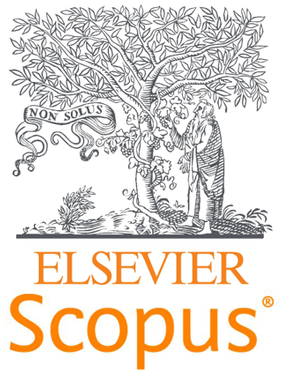THE RELATIONSHIP BETWEEN THE OWNERSHIP STRUCTURE OF BANKS AND THEIR FINANCIAL PERFORMANCE: EMPIRICAL RESEARCH FOR TURKEY
Mustafa Kevser and Bilge Leyli Elitaş
Faculty of Economics and Administrative Sciences, Yalova, Turkey
The aim of this study is to analyze the effects of the ownership structures of banks on their financial performance. The quarterly data of the 13 banks listed on the Istanbul Stock Exchange (BIST) were used for the period from 2005 to 2017. In the study, return on assets (ROA), return on equity (ROE), Tobin’s Q ratio (TOBIN), earnings per share (EPS) and the price/earnings ratio (P/E) were used for the financial performance indicators. Family ownership, corporate ownership, managerial ownership, foreign ownership, the largest shareholder’s ownership, the ownership of the three largest shareholders, and the free-float rate were selected as the independent variables for the study. The leverage ratio, the total assets and the age of the banks were benefited from as the control variables. There are five models formed to analyze the relationship between the variables, and a regression analysis was carried out. The analyses point out the fact that the ownership structures of the banks have an effect on their financial performance. Besides, the results obtained by these analyses are suggested to be coherent for the agency theory as one of the fundamental theories of this subject.
Keywords: ownership structure, financial performance, agency theory, banking, corporate management
JEL Classification: G10, G32




